Apparently, Ellis believes that the year 2011 was as important as 1848. He never explains why, exactly. He seems to think that we should just take his word for it, since he is, after all, Bob Ellis.
It’s not that nothing happened in 2011. There were significant events, ranging from the Arab Spring to the Fukushima meltdown to the raid on Osama bin Laden’s compound. But every year has important things in it, occurrences that spread out ripples for good or ill. It’s called history.
In many ways, this book is a bit like those ‘year in review’ programmes that television channels run on New Year’s Eve: a grab-bag of snippets. Ellis tells the story, month by month, in small chunks, so it is hard to see much in the way of any overarching theme or coherent message.
But perhaps the real problem is one of tone. Ellis made his name as a speechwriter for various ALP people, and has a reputation for clever insults and nasty asides. Indeed, he seems to have something unpleasant to say about everyone in the book. It is not surprising to hear him snipe at the Americans, Rupert Murdoch, the Israelis and the conservative parties in Australia — it’s the sort of thing that is the stock in trade for writers of the Left — but he even finds something unpleasant to say about Gabby Gifford, the US senator who was shot by some nutcase; he notes that she herself owned a gun. And he uses the event of her shooting to somehow blame Sarah Palin. Of course.
Perhaps the oddest thing is Ellis’s tendency to quote himself, at length and in the third person. And not just a few sentences or paragraphs, but pieces running for several pages. Maybe he thinks that reusing material from a few years back under the line ‘Of it, Bob Ellis wrote…’ will give it an air of authority.
It should be said that one of Ellis’s collaborators on the book, Stephen Ramsey, is also quoted at length, with a reiterated piece on the death of Steve Jobs. According to Ramsey, Jobs gave himself cancer, because ‘Apple was poisoned’. Ramsey refers to this as ‘suiciding in style’. Huh. Who knew?
Likewise, Ellis is happy to mix facts and opinion. You cannot help but wonder how he could possibly know some of the things he claims to know. Is it really the case that ‘all the SEALS [in the bin Laden raid] detested Barack Obama’? Is Ellis really privy to the Pope’s thinking? Would Dominique Strauss-Kahn really have saved the Eurozone except for those pesky rape allegations that the American insisted on following up? Was the Norwegian mass-murderer Anders Breivik really inspired by John Howard? (Yes, Ellis actually says this, on page 141.)
It seems that Ellis never met a left-wing conspiracy theory he didn’t like and will happily repeat, from Noam Chomsky’s view that bin Laden wasn’t actually connected to 9/11 to Julian Assange’s claims that the rape charges against him were an American-inspired cook-up. Ellis, again quoting himself, even uses the anniversary of the 9/11 attacks to say that, you know, the Americans had it coming.
None of this is especially new, and it is not just because the events were two years ago. The Left has said all this before, and has been saying it for decades. Only the names and places have been changed. The method is the same: find someone to blame for everything. For possibilities, refer to Enemies List.
Once, this could be useful, even occasionally refreshing. Then it became a bit funny, in a satirical sort of way. At some point, it became merely an exercise in bitterness, collapsing in on itself like a house of cards. And perhaps that is the dominant tone of much of the writing that comes from the Left these days: cynicism, an obsession with self-reference, the whiff of exhaustion, with a warmed-over cup of bile on the side.
As for Ellis, there are those who claim that his writing is itself worth reading, regardless of content. Bob Carr was the most recent one to offer his praises, on the Observers programme. If you say so, Minister. Certainly, Ellis appears to agree, judging by the amount of his words he seems to think are worth reading twice. Not everyone might see it.
The Year It All Fell Down is not really a bad book, if you can get past the jibes and the conspiracy theories. But the point of the project is always vague. True, many of the events of the year might have had lasting repercussions, but Ellis does little to follow them up and put them into the context of subsequent effects. By the point of the final entry, a review of Lars von Trier’s end-of-the-world film Melancholia — once again, Ellis quoting himself — we really don’t know any more about the year than we did at the start. Yes, we are reminded of some of the events that happened. So what? Yes, we understand that Bob Ellis dislikes a great many things. Again, so what? We already knew that. We knew it long ago.
Does the Left have anything new to say? If it does, it is hard to find, going on the evidence at hand. Maybe something will turn up. Maybe. Put it in the ‘believe when see’ category.
Got something to add? Join the discussion and comment below.
Get 10 issues for just $10
Subscribe to The Spectator Australia today for the next 10 magazine issues, plus full online access, for just $10.
Derek Parker is a regular contributor to The Spectator Australia
You might disagree with half of it, but you’ll enjoy reading all of it. Try your first month for free, then just $2 a week for the remainder of your first year.

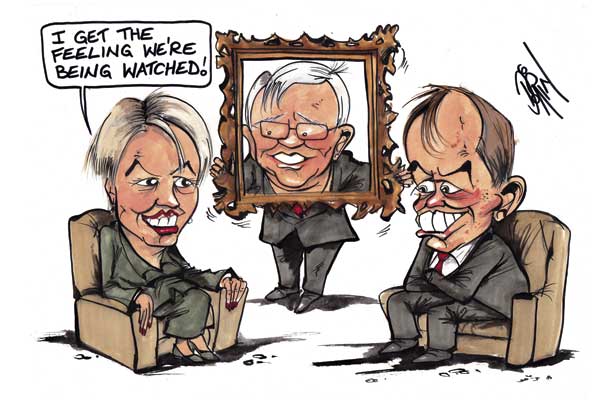
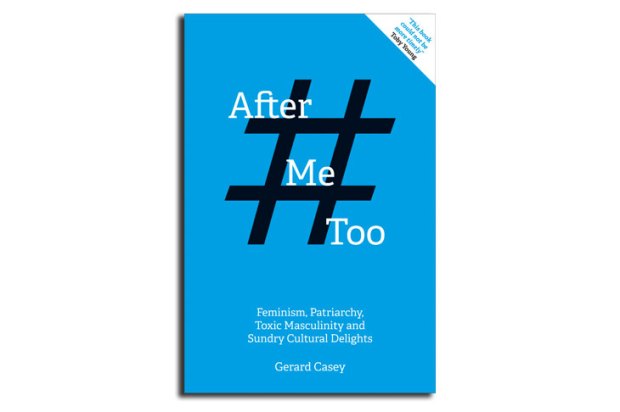
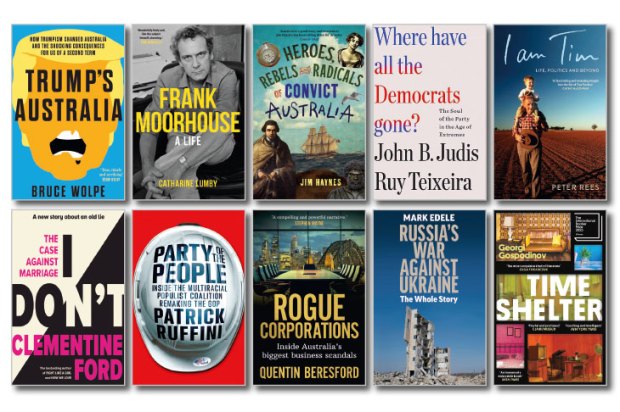
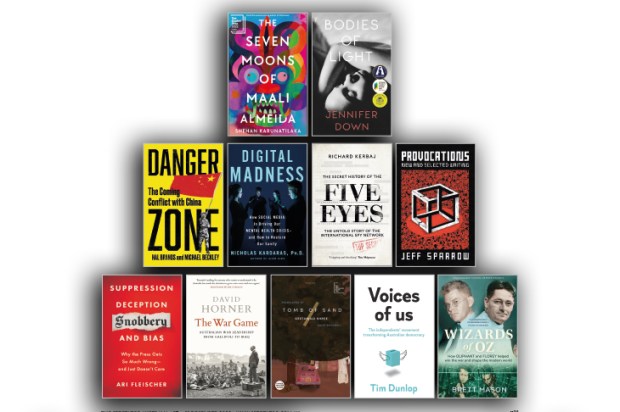
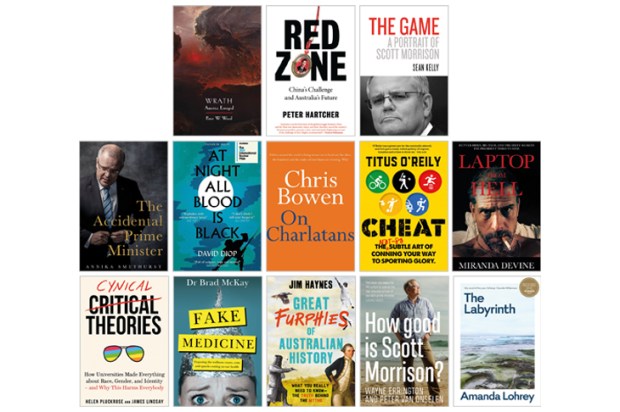
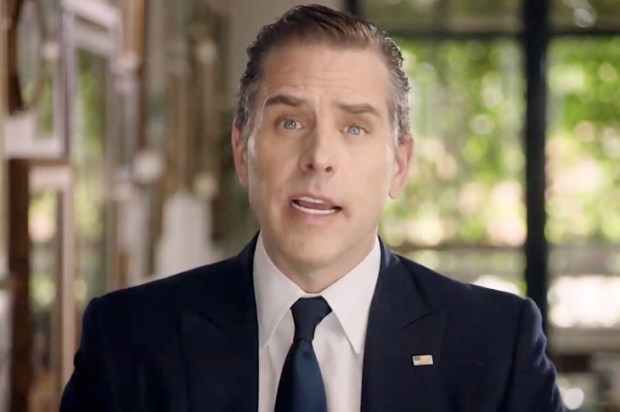







Comments
Don't miss out
Join the conversation with other Spectator Australia readers. Subscribe to leave a comment.
SUBSCRIBEAlready a subscriber? Log in